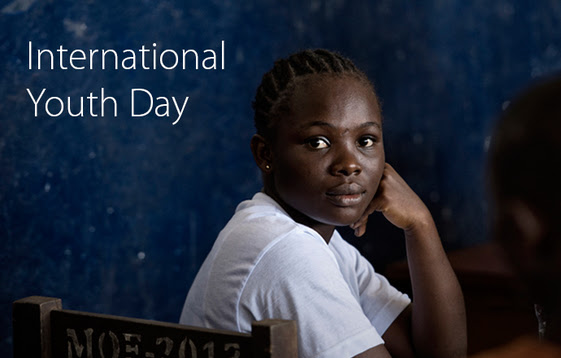

Youth – accounting for more than 30 percent of the population in many developing countries – can fundamentally change the course of human development through meaningful civic engagement. This Wednesday, the U.S. Agency for International Development (USAID) joins the global community in recognizing the tremendous value of the world’s young people on International Youth Day. This year’s theme is Youth Civic Engagement. Through thoughtful interventions and programming, USAID is committed to empowering youth by reducing the unique social and economic barriers they face in accessing quality sexual and reproductive health information and services. Across the globe, young people experience high levels of unmet need for contraception, increased risk of maternal mortality, and disproportionately high levels of HIV and gender-based violence. In addressing these issues, USAID’s family planning program has prioritized several underserved groups, including married adolescents, young postpartum mothers, and rural and peri-urban youth populations. The Agency’s global flagship project for strengthening family planning and reproductive health service delivery, Evidence 2 Action (E2A), is working to best meet the needs of young people through the identification, adoption, and scale-up of evidence-based practices on a country-by-country basis. The DREAMS Initiative [PDF, 2.38 MB], a partnership between PEPFAR, the Gates Foundation, and Nike recognizes the increased risk of HIV/AIDS vulnerability for adolescent girls and young women. Finally, USAID’s first dedicated cross-sectoral youth development project, YouthPower, aims to strengthen local, national, and global youth systems and programs to increase youth engagement in development and achieve positive outcomes across multiple sectors, including reproductive health. Learn more about USAID's efforts to advance youth's reproductive health:
Photo credit: Neal Brandvold/USAID |






















.png)











No hay comentarios:
Publicar un comentario